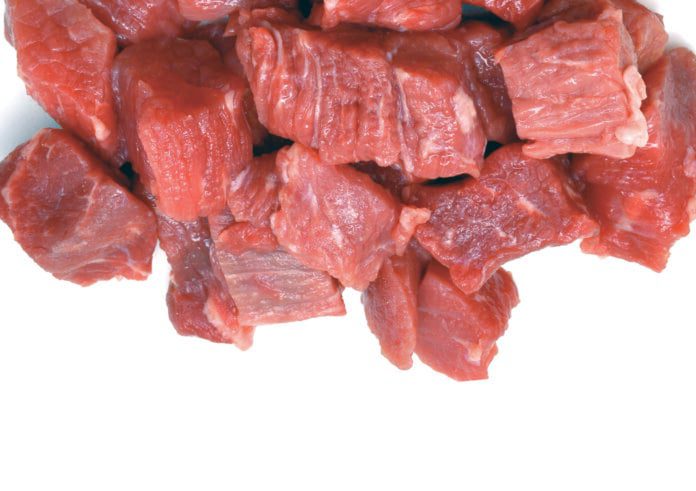A new Harvard study found the connection between the meat industry and climate change is stronger than initially thought.
In a study published earlier this year, researchers from Harvard University surveyed more than 200 climate scientists and food/agriculture experts based in 48 countries. The results helped Harvard researchers better understand the intertwined relationship between the meat and agriculture industry and climate change due to global emissions.
Global emissions are the release of greenhouse gases, which are naturally occurring gases that help keep the planet warm and habitable. The problem arises when there are too much of these gases, and multiple man-made industries contribute to releasing an unnatural amount.
Based on the experts’ responses to 19 questions, the study found by 2036, global emissions due to livestock and farming must drop by 61% to keep the Earth’s overall temperature from rising to a detrimental level.
The Paris Agreement was created to help stop this problem.
Enacted in November 2016, “The Paris Agreement is a legally binding international treaty on climate change. It was adopted by 196 Parties at the UN Climate Change Conference,” according to the United Nations Framework Convention on Climate Change.
Researcher Toby Days grew up on a farm in Indiana, studied agricultural biological engineering at Purdue University and is currently the sustainable agriculture director for the Hoosier Environmental Counsel. Days knows firsthand the roles agriculture and the meat industry play in climate change.
He said that when it comes to climate change, people usually think of the auto industry, but the agriculture industry is also a major factor.
“About one third of our emissions globally come from agriculture in some sort, so it is a huge contributor to climate change and greenhouse gas emissions,” Days said.
Multiple parts of the agricultural industry create greenhouse gases. According to Days, extreme deforestation, food and water waste to grow the plants needed to feed the animals, and the energy used to transfer these meat products worldwide all contribute to these gases.
Animals themselves also create these gases, and the high number of animals kept in one area under harmful conditions makes their contribution even higher.
When factory farms have tens of thousands of cows all in one place in unnatural conditions, their burps and feces produce methane, according to Amber Canavan, the PETA Vegan Campaign Project manager.
“Methane is one of the most potent greenhouse gasses out there, and animal agriculture is one of the main sources of methane emissions in our country,” Canavan said.
While this is a major problem, there are things everyday people and major farms can do to help.
“We all have this obligation to take a look at how our diets are affecting the climate because it is often swept under the rug,” Canavan said.
Canavan spoke about people looking to make changes to their diets. While meat may be a staple food in the home of many Americans, how much families eat, the types of meat consumed, and where they get it from are all questions families can ask themselves.
“People don’t want to think about what happens to animals on factory farms and slaughterhouses, and they generally don’t like to think about how they have to change what they eat every day,” but people should, Canavan said.
Days also recommends that people pay attention to where they get their food.
“We do need to shift our diets,” he said.
Shopping locally from farms for meat and produce can benefit health and reduce the emissions created by travel.
“We cannot solve the climate catastrophe issue without taking a very hard look at our diets, how we’re producing food, and who we’re eating,” Canavan said.
Contact Racial Equity Reporter Garrett Simms at 317-762-7847.






Thank you for confirming the science
https://unfccc.int/news/we-need-to-talk-about-meat
Comments are closed.